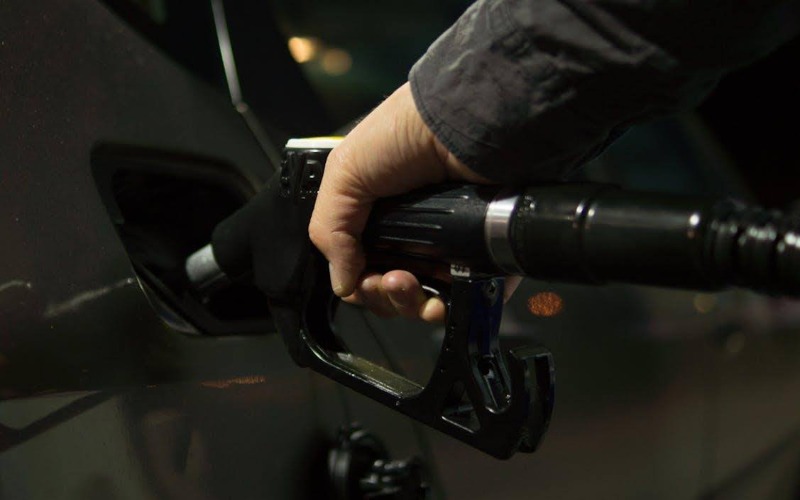NASCAR is a cornerstone of American motorsports, and it’s deeply rooted within the national psyche, with events like the Daytona 500 and Brickyard 400 attracting millions in domestic TV audiences each year.
The roar of the engines and the sheer mechanical might of the cars are two things that get fans out of their seats and make it such an interesting sport to watch. The world is changing, however, and cars with tanks full of gasoline could be giving way to those powered by electric and hybrid technology.
If you keep a close eye on NASCAR news, you will already be aware of the stories circulating that new manufacturers are looking to get involved in the sport and bring with them a change in cars, moving from gasoline-powered V8 engines to electric and hybrid vehicles.
In this article, we take a closer look at why electric and hybrid technology seems to be taking a foothold in NASCAR.
Reducing Carbon Emissions
The existential threat posed by climate change seems to have kick-started people in every industry into implementing green changes. Environmental activism, however, does not appear to be the main motivator for NASCAR.
While gas-guzzling sports cars are undoubtedly not great for the environment, the action on the track is not the biggest contributor to NASCAR’s carbon footprint. NASCAR could dramatically reduce its carbon footprint by keeping cars powered on gasoline and simply streamlining many of their other processes.
So, while a move to electric and hybrid will be good for the environment in the long run, it isn’t and shouldn’t be seen as NASCAR’s primary motivator. So, what are the main reasons behind NASCAR’s reported commitment to electric and hybrid vehicles?

Win on Sunday, Sell on Monday
The business model of NASCAR has traditionally been to see cars win on a Sunday and then be sold on a Monday. The thinking behind switching to electric and hybrid vehicles is that NASCAR will simply be keeping up to date and following modern car sale trends.
Elon Musk has long been championing electric vehicles for years, but it’s only really since 2020 that the sale of these automobiles has taken off in the United States. Last year 1.6 million electric-based vehicles were sold in the USA, a 60% increase on the previous year.
This year, that figure is expected to rise once again and as technology progresses, we could be moving into a world in which the majority of people are driving electric vehicles within the next 10 years.
If that’s the case, NASCAR is going to find it difficult to enact the Win on Sunday, Sell on Monday business model if the cars being raced are gasoline-powered and the cars out there on the highway are running off electric.
Entertainment
This isn’t something exclusive to NASCAR, but more of an issue affecting every motorsport on the planet now and its entertainment. Teams and drivers are motivated by their self-interest — they want to win all the time, and they want to have the best cars.
In motorsports, this can lead to everyone using the same technology because it’s the best available. While this helps drivers and teams gain the edge and reduce the gap between them and those they’re chasing, it oftentimes results in dull spectacles for fans.
Just take F1 as the perfect example, a sport in, which if you veer away from the mainstream in terms of design, you get swiftly left behind in the dirt. The introduction of electric and hybrid would bring a new element of chaos into NASCAR, which would be great for competition and inject entertainment into the sport.
There would be a diversity of engines and designs, which would lead to changes in driving style and countless other changes that we are yet unable to predict. In short, electric and hybrid NASCAR vehicles can revitalize the sport and help it avoid the fate of other motorsports that have become dull and lifeless.
When electrification in NASCAR will start is a question that we don’t quite have the answer to yet, but one thing’s for certain – it IS coming.











